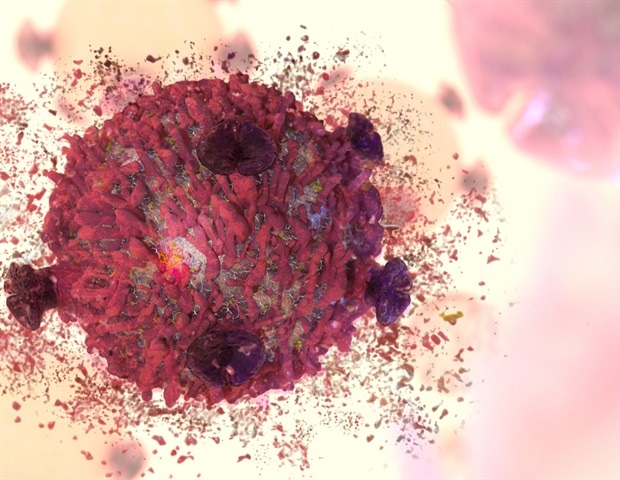
Announcing a new publication for Acta Materia Medica journal. Immune checkpoint inhibitors (ICIs) have revolutionized cancer treatment but pose a challenge of immune-related adverse events (irAEs), particularly endocrine toxicity, that can severely compromise patient well-being. Existing research has often been limited in scope and has not provided comprehensive safety profiles across the diverse range of ICI therapies.
The authors of this article address this gap by performing a network meta-analysis on 55 randomized controlled trials involving 32,522 patients. Using STATA to calculate the surface under the cumulative ranking curve, we ranked the safety of various ICI monotherapies and combination therapies. ICIs were found to increase the risk of endocrine toxicities, such as hypothyroidism, hyperthyroidism, hypophysitis, thyroiditis, and adrenal insufficiency; this risk was greater with dual ICI regimens. Specifically, cytotoxic T lymphocyte associated antigen-4 (CTLA-4) inhibitors, such as ipilimumab, are closely associated with hypophysitis, whereas programmed cell death-1 (PD-1)/programmed cell death ligand-1 (PD-L1) inhibitors, notably pembrolizumab and nivolumab, predispose patients to thyroid-related dysfunction, such as hyperthyroidism, hypothyroidism, and thyroiditis. Interestingly, nivolumab showed no elevated risk of adrenal dysfunction, in contrast to the elevated risk observed with other ICI treatments.
This study provides critical evidence-based insights for optimizing the risk-benefit balance of ICI therapies in clinical practice.
Source:
Journal reference:
Ouyang, P., et al. (2024) Endocrine toxicity of immune checkpoint inhibitors: a network meta-analysis of the current evidence. Acta Materia Medica. doi.org/10.15212/AMM-2023-0037.









